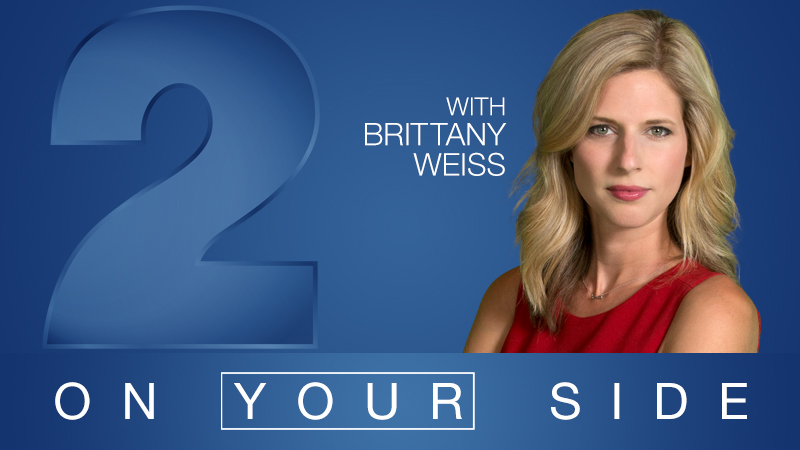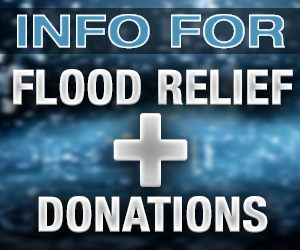2 On Your Side with Brittany Weiss is here for you.
Watch 2 On Your Side reports on all WBRZ News 2 newscasts: morning, noon, afternoon and evening. Brittany Weiss is the 2 On Your Side anchor/reporter. Check this page daily for helpful information and On Your Side reports.
Send tips to OnYourSide@wbrz.com
 |
 |
 |
2 ON YOUR SIDE: LSU replaces water fountains after community push
BATON ROUGE — In January, 2 On Your Side reported the disappointment expressed by the running community after LSU Facilities Staff removed several water fountains from around the University Lakes.
This week, LSU installed new ones.
"I actually got to use them while running," Lisa Rogers said.
The installation came at a great time, as temperatures heat up. Rogers, who runs marathons and trains in Baton Rouge, often runs the University Lakes. Recently, on a 20-mile run, she stopped to take a drink and noticed the fountain was gone. The hole in the sidewalk had been filled in with concrete.
"I was definitely trying to figure out what I was going to do next since I was planning to stop for water," she said.
For weeks, the disappearance was a mystery. Several water fountains around LSU and the University Lakes disappeared. Two of them were inoperable, but Rogers says the one in front of The Chapel was used often.
LSU said they didn't have the money to replace them.
"There had already been a lot of disappointment that the fountains were gone, and there was talk to fundraise," Rogers said.
Soon after that report, funding was identified by LSU Facilities Staff from internal sources to buy new water fountains. They were ordered and installed this week. One is in front of The Chapel along Dalrymple Drive, the other two are near Miller Hall and in front of the LSU president's office.
"I will say thank you for the support from WBRZ to make sure we were able to get fountains back, and don't underestimate the power of public support and public voice in making change happen," Rogers said.
LSU is also extending thanks to the running community for its generous offer to fundraise in support of the effort.



